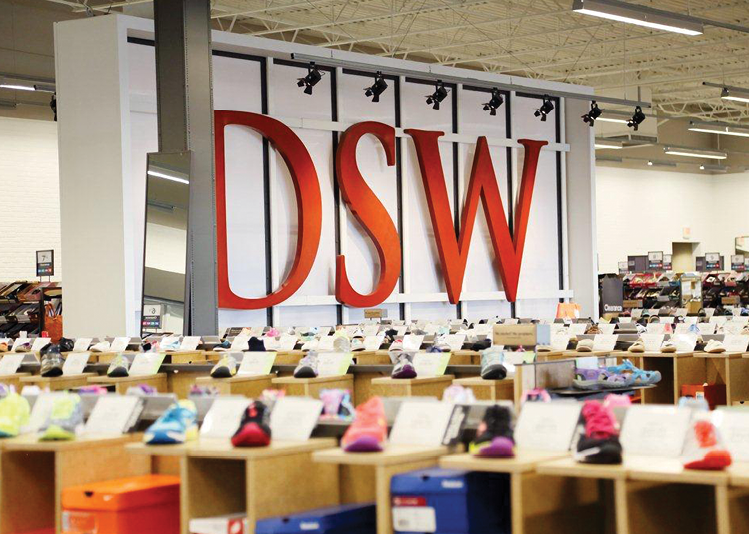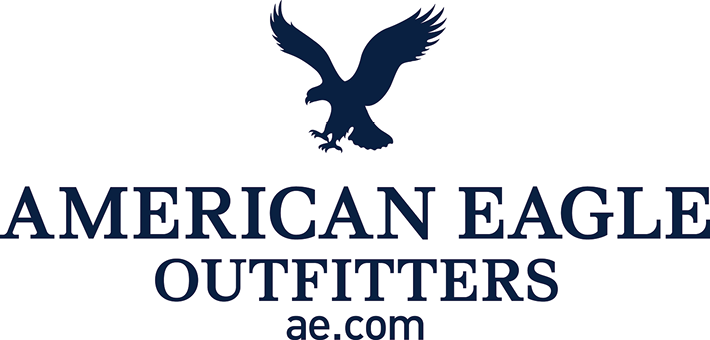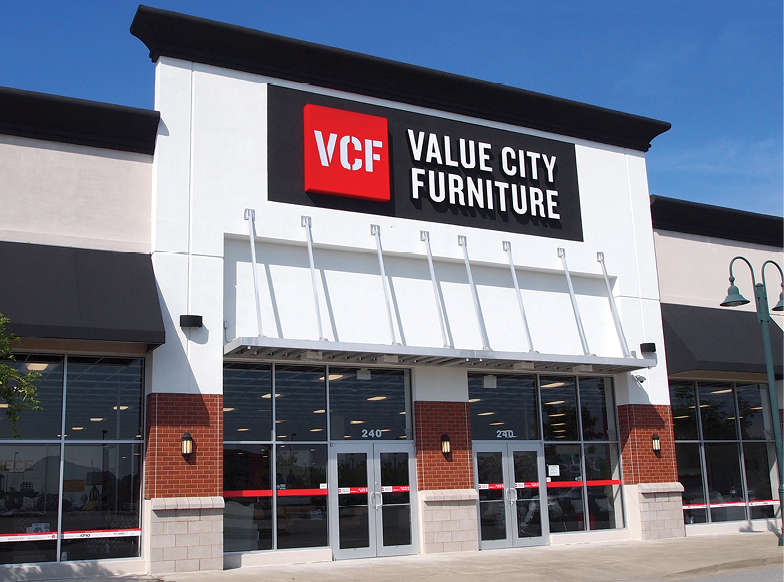


![]()
ONLINE
The Entrepreneurial Spirit
Editors’ Note
In 1976, Jay Schottenstein joined Schottenstein Stores Corporation (SSC), the business of which his father, Jerome, was one of the founders and where the Schottenstein family established its retail roots. He has served as Chairman of the Board of Directors of SSC since March 1992, and as Chairman and CEO of SSC-owned American Signature, Inc., which consists of Value City Furniture and American Signature Furniture Stores. Schottenstein has served as Chairman of the Board of Directors of DSW Inc. (NYSE:DSW) since March 2005. From that date until April 2009, Schottenstein also served as Chief Executive Officer of DSW Inc. He was also Chairman of the Board of Directors of American Eagle Outfitters NYSE:AEO) since March 1992 and currently its interim CEO.
What makes brands like American Eagle and DSW so special?
Our brands spend a lot of time and effort in getting to know who their customer is. Merchandise, marketing, personnel training, and other aspects of the business are adjusted based on information about our customers. The key is that our people are constantly shopping different markets around the world. We go to the great cities like Milan and Paris, the Riviera, or to the shows in Florence, as well as to the West Coast of the U.S. and New York City to see what is relevant at the time. It changes fast. It is now a different retail market out there. Today, you have to make sure that all of your channels speak to each other. You keep hearing the word “omnichannel,” which allows a seamless customer experience whether in stores, on the web, or on a mobile device. For businesses like ours, it means that your marketing, your IT, your stores, and your distribution centers all have to speak to each other consistently, and it’s a challenge.
We’re investing tens of millions of dollars into our technologies to make sure that all aspects of the business are speaking the same language at the same time.

With the amount of online retail now being conducted and with its expected growth, will there always be a significant space for brick-and-mortar?
There is always a place for brick-and-mortar because the majority of customers want to see what they’re buying. They want to try it on. A customer likes instant gratification. There is also a social aspect to shopping. People like to get out and they like to see things. When you go online, there is so much there to look at that you might not even get off one page and then you miss 99 percent of what is available, or perhaps even the item you wanted.
There is a place for both online and instore in the consumers’ shopping experience.
When an entity reaches a certain size and scale, is it more difficult to maintain an innovative edge and culture?
It’s not harder, but you have to challenge yourself. Sometimes, companies that are successful become accustomed to it and might not challenge themselves. Part of business is knowing you have to constantly challenge yourself. A great football coach once told me that when you win the championship, it means next year everybody is shooting for you. So you have to figure out what you did well and what you can still improve upon. The status quo is not sufficient.
Business is the same. You may have success, but when you’re a public company and everyone knows you’re successful, then they try to emulate you, so you have to stay one step ahead.

In retail, where many talk about difficulties with employee retention, how do you build the workforce and provide opportunities to maintain an employee base?
We’re fortunate in that we have a lot of dedicated, talented people and a very good incentive plan for our associates. I’m fortunate that the vast majority of our key people stay with us.
Are you always looking for the next big opportunity?
We have plenty on our plate right now with our existing companies, but I grew up in a business – going back to my father – where we have always been very opportunistic. I grew up in the close-out business and we still have certain businesses like SB Capital Group, which deals in distress situations and asset recoveries. These provide the ability to look at special opportunities.
Would you agree that long-term economic growth depends on entrepreneurship and small business?
We need to have an environment that includes a government friendly toward business. We need policy makers to encourage entrepreneurs. This country was built on the entrepreneur’s spirit, and the concept that, if a person is willing to take a risk and succeeds, they should get the reward.
This country was also built on the concept of admiring success and aspiring to achieve. Hopefully, we can continue that spirit because America was built on admiring success and not bemoaning success.
Do you need to start with something special to become a successful entrepreneur? How much of it can be taught?
You have to be willing to take calculated risks, but you don’t want to be crazy. People have to work very hard for anything that is worthwhile. Nothing comes easy. People need to have a passion for, and believe strongly in, what they do. The ones who are successful took risks and got paid for them. Obviously, not every risk-taker is successful but those who can implement their concept and get the right breaks are deserving of their rewards.

Do the rules of the game still support entrepreneurs or is too much regulation stifling them?
It’s still available, but more difficult. Everything costs more than it used to and therefore is more risky. At the same time, we want to make sure entrepreneurs have a friendly environment in which to enter.
Are you concerned that the U.S. may be losing its global edge to emerging markets?
The American people have the spirit and work ethic to continue the success we have created, and hopefully our politicians think that too.
You have focused on community engagement for a long time. Was that instilled in you early on?
I grew up in a home where my father and uncles were all involved in the community; all were great philanthropists. They set the example for us. Philanthropy is something that can and should be taught either by family, friends, religious institutions, or leaders who you admire.
God gives us a gift and our job is to do what is right with the gift, and always help people. It’s important to take care of your family and associates but, at the same time, we also have a responsibility to the community, and we must recognize that responsibility. In the Jewish religion in particular, you’re taught that giving charity is not just a nice thing to do – it’s something you’re obligated to do.
Do the areas you support align with the business or are they considered separately?
It’s a combination. We are composed of different communities and within those communities, we help various causes. At a personal level, there are certain philanthropies that align closely with our personal beliefs, but we have community-wide responsibility, be it with food shelters, the homeless, social welfare, health and educational programs, the Red Cross, or United Way. There are plenty of charities we’re involved with in addition to our personal favorites.

What makes for a successful CEO?
In most businesses, it takes a good team because one person can’t do it all. If you have a small operation and you’re starting from scratch, one person can do a lot. But as you grow larger, it becomes too much for one person. So you need to have a great team behind that person – it’s not just one person; it’s a team effort.
It also involves how the team works together. There are certain characteristics of our team that make it special. One, which is very important, is that a great team and great team leaders have to be unselfish. They have to be able to put their own inclinations on the sideline and do what is best for the company.
They also need to have the grit to fight things out because, if it’s easy, everyone else will do it too. They need the stomach to work through the problems that come up on a daily basis.
With all you’re involved in, how deeply can you get into the details?
It comes down to people. My job is to know what the key people are thinking and if they’re all on the same page. Everyone needs to follow the policy we set and stick to that policy and the culture that built that particular company. Every one of our companies has a different culture that has made it successful. The culture at one company may not be the same as the culture for another company. My job is to make sure they remain true to their ideals.
Retail is seen as a challenging business. How tough is it to survive in the retail industry?
To be a good retailer, you have to be an optimist. If you’re not an optimist, you won’t be a good retailer and you should not be in the business.
Do you take time to reflect and enjoy your success?
I enjoy my family and the people I work with. I’m grateful to have special moments where I can enjoy life. You have to be able to capture those moments – otherwise, life does not mean anything.
What advice would you give young people who are beginning their careers?
The biggest element for the success of a young person is to find the right mentor. Most young people who are successful had someone who took a special interest in them and guided them. They had to work hard, but they also had someone they could look up to who could guide them in the right direction. My father was a great mentor to me. He also had a few associates who helped prepare me for a successful career.•